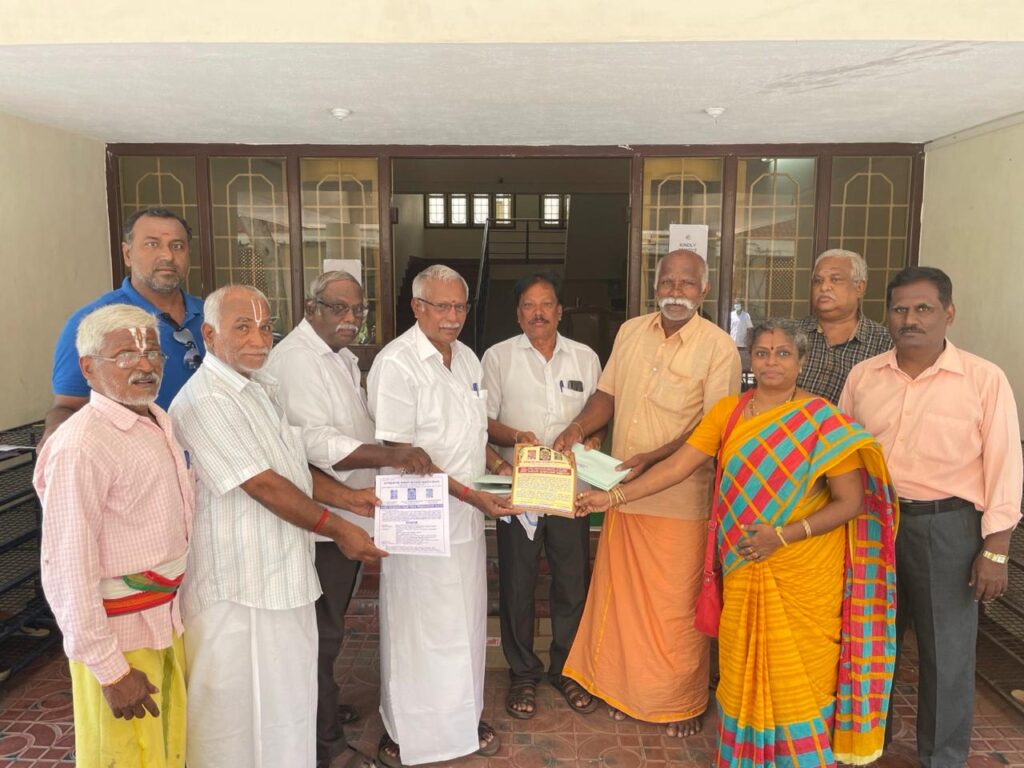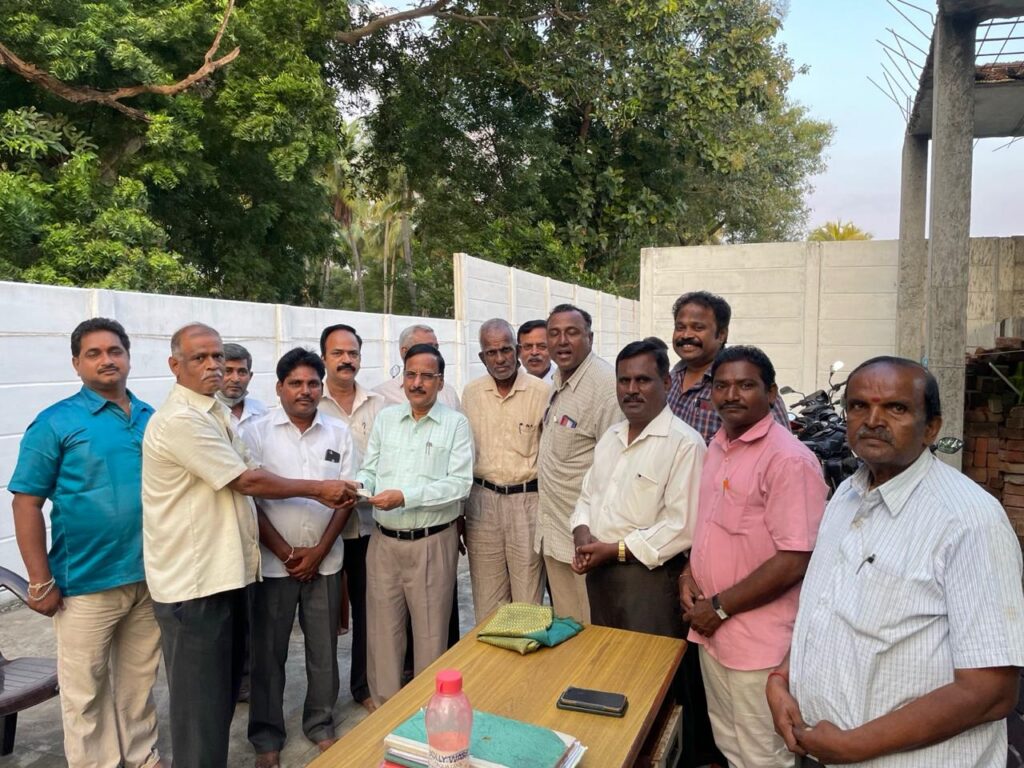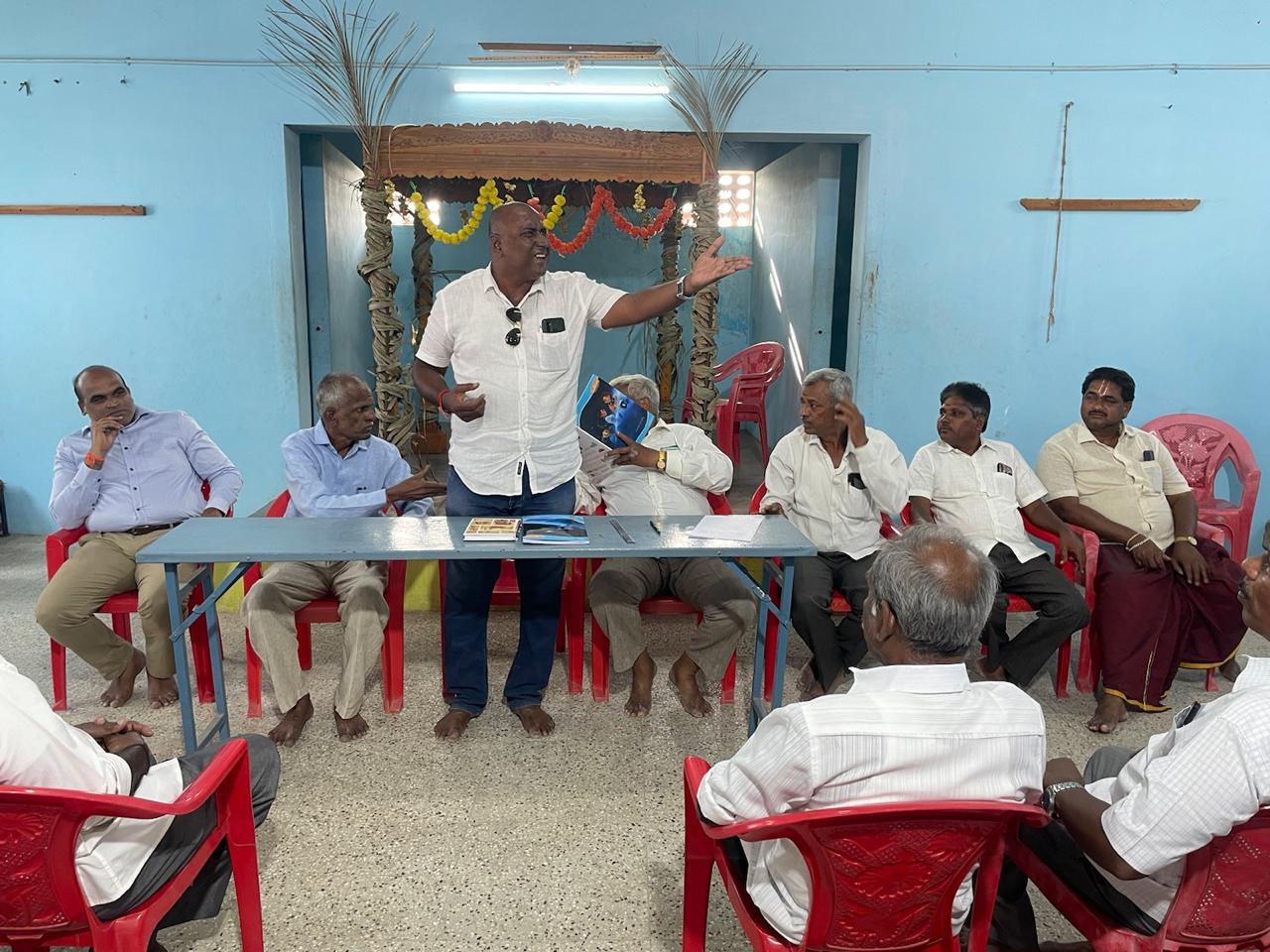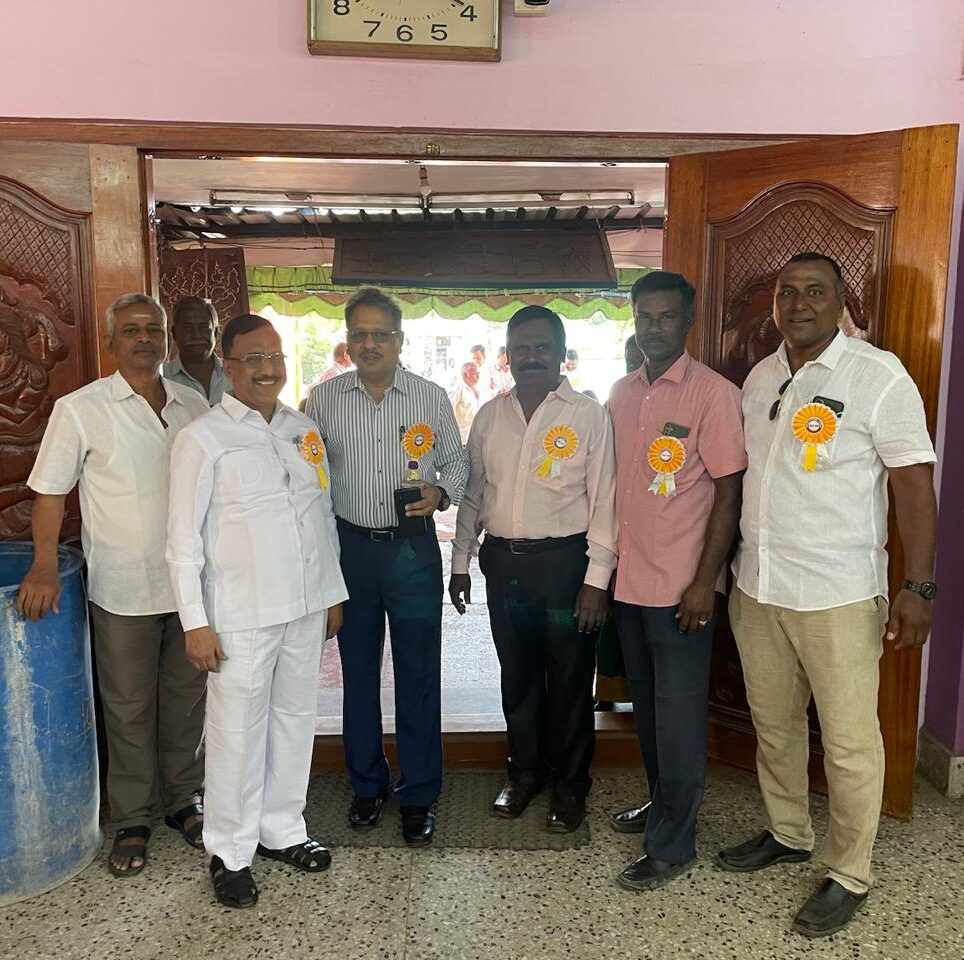About Gavara Balija History

Who we are
Gavara Balija History
The history of the Gavara Balija Naidu community is a tale of resilience, adaptability, and unwavering commitment to cultural preservation. Spanning several centuries, this history is marked by significant contributions to the economic, social, and cultural development of South India. The community’s origins, migration patterns, and involvement in trade and agriculture have all played a crucial role in shaping its identity.
Historical Origins
The Gavara Balija Naidu community has its roots in South India, with a history dating back several centuries. It is believed to have emerged as a distinct group due to various migrations, regional influences, and socio-economic developments.
Cultural Preservation
Despite facing various challenges throughout history, the Gavara Balija Naidu community has maintained its unique cultural practices, customs, and traditions, which continue to be passed down through generations.
Origins and Early History
The Gavara Balija Naidus trace their origins to the ancient trading guilds of South India, which were integral to the region’s economy during the medieval period. The term “Balija” is believed to be derived from the word “Balijika,” which refers to a rader or merchant. The Gavara Balija Naidus were part of these trading communities, known for their expertise in commerce and their ability to establish trade networks across vast regions.
The community’s early history is closely linked with the rise of the Vijayanagara Empire in the 14th century. Many Gavara Balija Naidus were appointed as administrators, tax collectors, and military leaders within the empire, reflecting their important role in the political and economic affairs of the time. The community’s members were also involved in agriculture, particularly in the cultivation of cash crops such as cotton and tobacco, which were vital to the region’s economy.



Migration and Settlement Patterns
Over the centuries, the Gavara Balija Naidu community migrated to various parts of South India, including Tamil Nadu, Andhra Pradesh, Karnataka, and Telangana. This migration was driven by the search for new opportunities in trade, agriculture, and administration. As the community settled in different regions, it established a strong presence and became an integral part of the local economies.
In Tamil Nadu, for example, the Gavara Balija Naidus established themselves as successful traders and landowners, contributing to the development of the region’s agricultural and commercial sectors. Similarly, in Andhra Pradesh, the community played a key role in the cultivation and trade of tobacco, cotton, and other cash crops.
Cultural and Social
Evolution
Throughout its history, the Gavara Balija Naidu community has maintained a strong cultural identity, rooted in traditional customs, rituals, and values. Despite he challenges posed by migration and changing economic conditions, the community has successfully preserved its heritage and passed it down through generations.
The community’s social structure has also evolved over time, with the establishment of Sangams that serve as platforms for collective action and cultural preservation. These Sangams have played a crucial role in organizing community events, resolving disputes, and promoting the welfare of members. They provide a space for dialogue and consensus-building, ensuring that diverse voices are heard and valued. Through these associations, the community has been able to preserve its traditions, promote education, and address social.
Modern Era and Present-Day Impact
In the modern era, the Gavara Balija Naidu community has continued to thrive, adapting to the changing economic and social landscape while remaining true to its cultural roots. Today, members of the community are found in diverse professions, including business, education, politics, and the arts. The community’s entrepreneurial spirit and commitment to social responsibility remain strong, with many members actively involved in charitable activities and initiatives aimed at promoting education and economic empowerment.
The history of the Gavara Balija Naidu community is a testament to its resilience, adaptability, and enduring commitment to cultural preservation. As the community looks to the future, it continues to build on this rich legacy, contributing to the social and economic development of the regions it inhabits while preserving its unique cultural identity.

